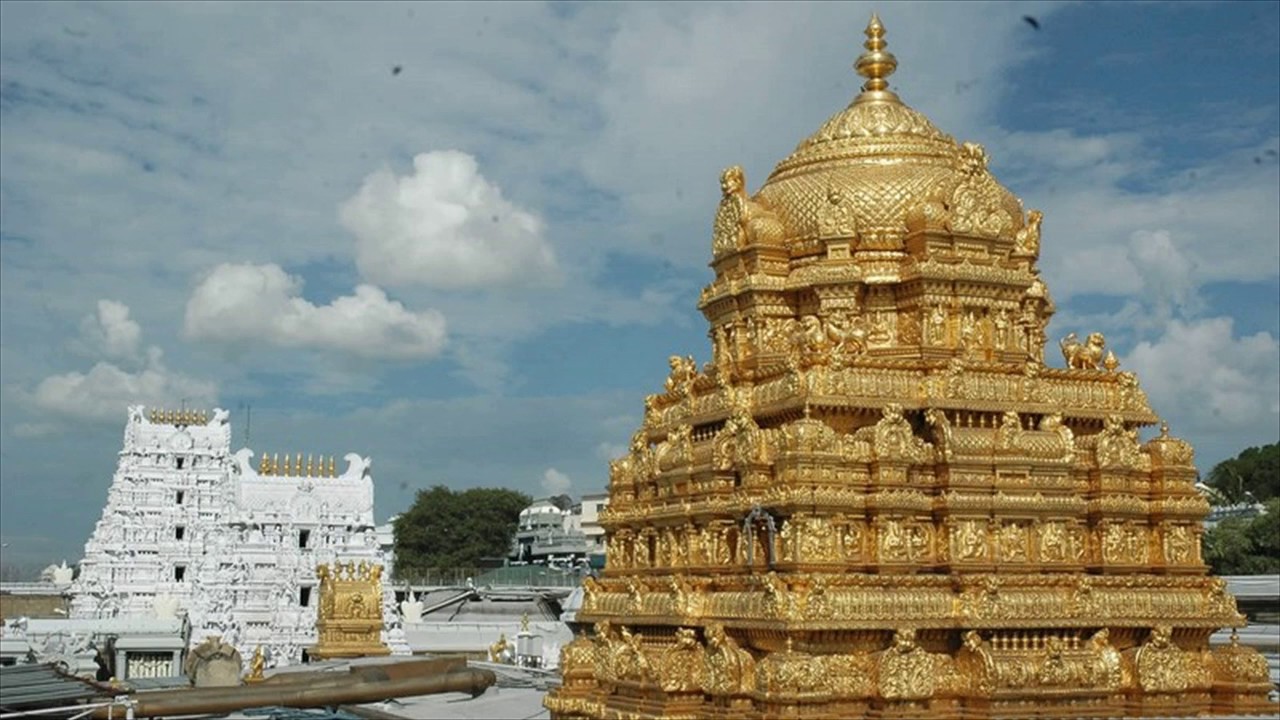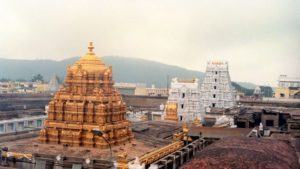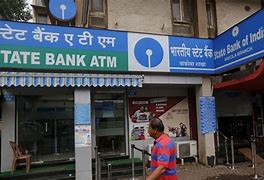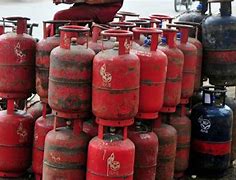Feature
Tirupati temple owns 9,259 kg gold in treasury, various banks

Tirupati: The Sri Venkateswara Temple at Tirumala here owns 9,259 kg of gold deposited with various banks and in its treasury, a senior temple official said on Monday.
The Tirumala Tirupati Devasthanam (TTD), which manages the affairs of the country’s richest temple, has 5,387 kg of gold with the State Bank of India and 1,938 kg of gold with the Indian Overseas Bank under gold deposit schemes.
TTD Executive Officer Anil Kumar Singhal said the Punjab National Bank (PNB) returned 1,381 kg of gold on April 20 as the three-year scheme had reached maturity.
In addition, the TTD treasury has 553 kg mixed gold, comprising small jewellery.
A day after the Andhra Pradesh government ordered an inquiry into the alleged lapses into the release and transportation of 1,381 kg gold in the wake of its seizure by the Election Commission in Tamil Nadu, Singhal told a news conference that the PNB had total responsibility for the gold till delivering it to the TTD’s treasury.
The gold was seized in Tamil Nadu’s Tiruvallur district on April 17 when it was being brought back from PNB’s branch in Chennai to the TTD treasury in Tirupati.
Singhal denied media reports that the TTD showed documents to the Election Commission claiming ownership of the gold.
He made it clear that they were in no way concerned with the security and transportation of the gold as it was entirely the responsibility of the PNB.
Country’s richest Tirupati temple has 9,259 kg gold in treasury, banks:
After the seizure of the gold, the Income Tax department asked the TTD to send an official in connection with the investigations. The TTD official only informed the IT that PNB was supposed to deliver the gold at TTD treasury on April 18.
The gold seizure a day before the elections in Tamil Nadu triggered a row with TTD initially denying that the gold belonged to it.
Singhal defended the stand taken by the temple body. “It is the TTD’s gold when it reaches the treasury. How do we know how much gold the truck was carrying and what was its transportation route?” he asked.
On the criticism for transportation of the gold in the midst of elections, he dismissed this as coincidence. He said the maturity date was known when the gold was deposited with the PNB in 2016.
He said TTD had written to PNB on March 27 that gold deposit will be reaching maturity on April 18 and asked it to deliver the gold at treasury along with the interest (70 kg gold).
He said under the gold deposit gold scheme, the banks are paid one per cent commission and 1.5 per cent handling charges which includes gold purity testing, transportation, storage and other costs.
Andhra Pradesh Chief Secretary L.V. Subrahmanyam on Sunday ordered an inquiry in the wake of gold seizure. He asked Special Chief Secretary, Revenue, Manmohan Singh, to find out the specific lapses, if any, on the part of the PNB and the TTD and submit a report on or before April 23.
The inquiry officer was asked to see if there were written instructions issued by the Executive Officer, TTD, and what was the role of TTD’s Vigilance wing. The officer will also report on what special care and monitoring the Vigilance wing of TTD has to take.
Entertainment
Meghalaya Reserves Legalized Gambling and Sports Betting for Tourists

The State Scores Extra High on Gaming-Friendly Industry Index
Meghalaya scored 92.85 out of 100 possible points in a Gaming Industry Index and proved to be India’s most gaming-friendly state following its recent profound legislation changes over the field allowing land-based and online gaming, including games of chance, under a licensing regime.
The index by the UK India Business Council (UKIBC) uses a scale of 0 to 100 to measure the level of legalisation on gambling and betting achieved by a state based on the scores over a set of seven different games – lottery, horse racing, betting on sports, poker, rummy, casino and fantasy sports
Starting from February last year, Meghalaya became the third state in India’s northeast to legalise gambling and betting after Sikkim and Nagaland. After consultations with the UKIBC, the state proceeded with the adoption of the Meghalaya Regulation of Gaming Act, 2021 and the nullification of the Meghalaya Prevention of Gambling Act, 1970. Subsequently in December, the Meghalaya Regulation of Gaming Rules, 2021 were notified and came into force.
All for the Tourists
The move to legalise and license various forms of offline and online betting and gambling in Meghalaya is aimed at boosting tourism and creating jobs, and altogether raising taxation revenues for the northeastern state. At the same time, the opportunities to bet and gamble legally will be reserved only for tourists and visitors.
“We came out with a Gaming Act and subsequently framed the Regulation of Gaming Rules, 2021. The government will accordingly issue licenses to operate games of skill and chance, both online and offline,” said James P. K. Sangma, Meghalaya State Law and Taxation Minister speaking in the capital city of Shillong. “But the legalized gambling and gaming will only be for tourists and not residents of Meghalaya,” he continued.
To be allowed to play, tourists and people visiting the state for work or business purposes will have to prove their non-resident status by presenting appropriate documents, in a process similar to a bank KYC (Know Your Customer) procedure.
Meghalaya Reaches Out to a Vast Market
With 140 millions of people in India estimated to bet regularly on sports, and a total of 370 million desi bettors around prominent sporting events, as per data from one of the latest reports by Esse N Videri, Meghalaya is set to reach out and take a piece of a vast market.
Estimates on the financial value of India’s sports betting market, combined across all types of offline channels and online sports and cricket predictions and betting platforms, speak about amounts between $130 and $150 billion (roughly between ₹9.7 and ₹11.5 lakh crore).
Andhra Pradesh, Telangana and Delhi are shown to deliver the highest number of bettors and Meghalaya can count on substantial tourists flow from their betting circles. The sports betting communities of Karnataka, Maharashtra, Uttar Pradesh and Haryana are also not to be underestimated.
Among the sports, cricket is most popular, registering 68 percent of the total bet count analyzed by Esse N Videri. Football takes second position with 11 percent of the bets, followed by betting on FIFA at 7 percent and on eCricket at 5 percent. The last position in the Top 5 of popular sports for betting in India is taken by tennis with 3 percent of the bet count.
Local Citizens will Still have Their Teer Betting
Meghalaya residents will still be permitted to participate in teer betting over arrow-shooting results. Teer is a traditional method of gambling, somewhat similar to a lottery draw, and held under the rules of the Meghalaya Regulation of the Game of Arrow Shooting and the Sale of Teer Tickets Act, 2018.
Teer includes bettors wagering on the number of arrows that reach the target which is placed about 50 meters away from a team of 20 archers positioned in a semicircle.
The archers shoot volleys of arrows at the target for ten minutes, and players place their bets choosing a number between 0 and 99 trying to guess the last two digits of the number of arrows that successfully pierce the target.
If, for example, the number of hits is 256, anyone who has bet on 56 wins an amount eight times bigger than their wager.

























